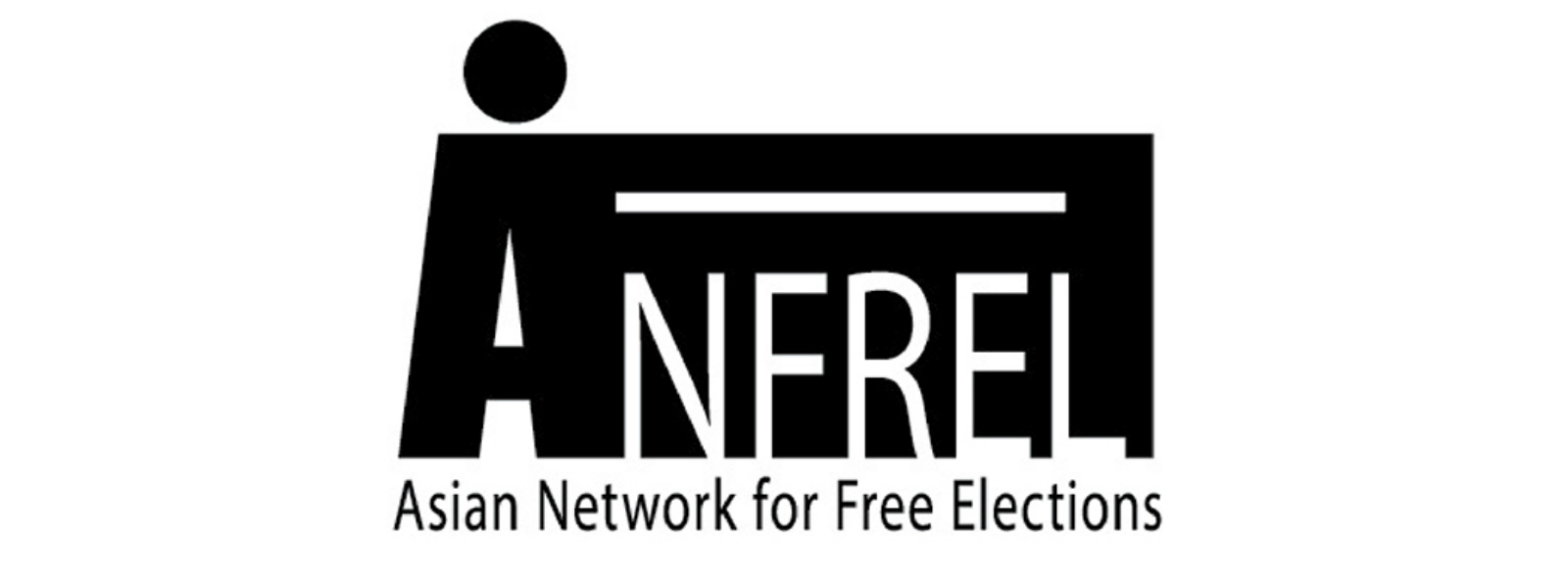.webp)

Media blatantly biased in many instances: ANFREL Head of Mission
Colombo (News 1st): European Union Election Observation Mission in Sri Lanka and the Asian Network for Free and Fair Elections or ANFREL presented the outcome of their international election observation assessment today (November 18).
The role of media, in the run-up to the Presidential Election, was a key highlight in both reports. ANFREL commended the people of Sri Lanka for a largely peaceful and orderly election. It adds the voter turnout of 83.6% was a clear indication of the country's commitment to staying on course of achieving genuine democratic and mature political processes.
The report also highlights certain issues that require the attention of various stakeholders to further enhance the countries electoral process and also promote public confidence in them.
Speaking to the media Head of Mission ANFREL Damaso Magbuan said;
"Firstly there's no perfect election as they call it. Almost always the best elections will have certain inadequacies. I think we are all agreed that the media now has a more conducive atmosphere in relation to press freedom compared with the same 10 years ago. But at the same time, the perception among the candidates, voters, and observers is that the media has been blatantly biased in many instances, more particularly with private media."Meanwhile, The European Union Election Observation Mission (EU EOM) has concluded that the presidential election was largely free of violence and technically well-managed, but that unregulated campaign spending, abuse of state resources and media bias affected the level playing field. In a release, the EU EOM says they were invited to observe the election by the Election Commission of Sri Lanka and undertakes its work in accordance with the Declaration of Principles for International Election Observation. Page 12 of the report issued by the EU EOM says Sirasa TV offered its viewer's more balanced coverage, both in time (41% and 38% to S. Premadasa and G. Rajapaksa, respectively) and tone, with neutral information prevailing in the coverage of all candidates.
Other Articles
Featured News





.png )

-819328_550x300.jpg)
-819322_550x300.jpg)
-819316_550x300.jpg)
-819310_550x300.jpg)
-819290_550x300.jpg)






-812087_550x300.jpg)
-810262_550x300.jpg)
-809496_550x300.jpg)
















.gif)